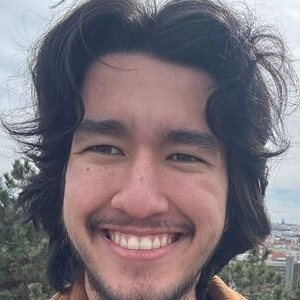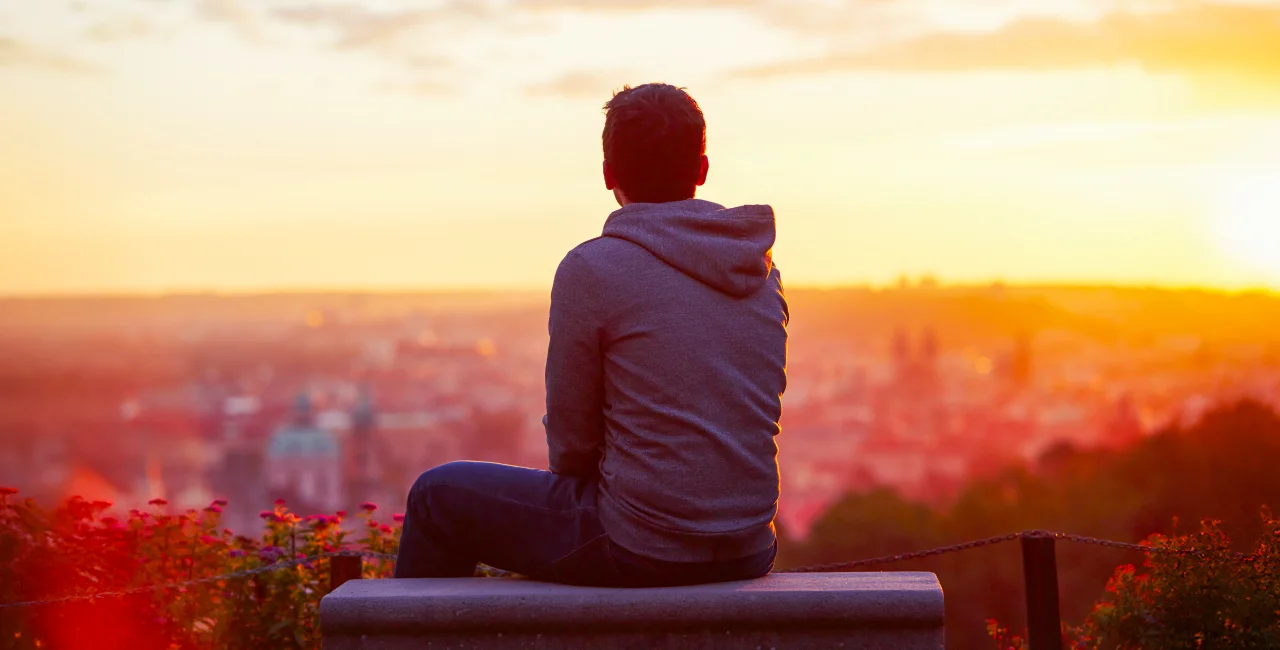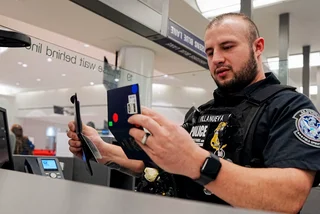As political tensions rise and academic freedoms face increasing restrictions in the U.S., American students studying abroad in Prague say they are reevaluating their futures and expressing growing anxiety.
From abroad, they watch as their home universities grapple with campus protests, federal funding cuts, and the erosion of civil liberties. For some, this has prompted a fundamental question: Is returning to the U.S. worth the risk, or does staying in Europe offer a safer, more liberated path forward?
“I’ve noticed an increasing number of American undergraduate students looking to either stay in Europe after earning their bachelor’s degree or pursue a master’s here,” says Petr Kutílek, a Czech professor who teaches Central European Politics at CIEE Study Abroad Prague.

Kutílek’s observation is substantiated by emerging trends reflecting a broader shift in student sentiment across Europe. According to recent studies, growing interest in studying or working abroad is becoming more pronounced among American students.
Among those students is Eli Main, a junior at Whitman College in Walla Walla, Washington, who is particularly concerned about cuts to research funding—his area of focus—when he returns to the U.S. this summer. “This is the primary reason I’m considering staying in Prague,” he says.
American students look to Europe for academic freedom
Kutílek also hears growing student concerns about the erosion of academic freedom in the U.S. More and more students feel the pressure of increasingly restrictive environments, where educators cannot teach or engage in discussions without fear of reprisal.
“Many students feel Europe offers more room for research and academic independence,” Kutílek says, but, hopes “the U.S. continues to support academic institutions and think tanks that promote independent research.”
A January 2025 study published in media outlet Diverse: Issues in Higher Education highlighted a troubling trend: more than a third of U.S. faculty members reported increased constraints on their ability to teach, conduct research, and speak freely over the past six to seven years.
The Trump administration’s crackdown on student protests, particularly at institutions like Columbia University, has cast a long shadow over the future of free speech on campus.
While the administration justifies these actions as efforts to combat antisemitism and enhance security, many see the shift as part of a broader pattern of tightening academic controls, a serious threat to the core values of higher education.

Despite the challenges inherent in relocating to a new country, some students, like Eli, are still considering extending their time abroad. “If I want to extend my visa, I need to remain enrolled,” he says. “I would just continue taking classes, specifically Czech, because I want to learn the language.”
'I'm not eager to return to the States'
For others, such as Luke Wiener, a junior with Polish roots studying anthropology at Wake Forest University in Winston-Salem, North Carolina, the desire to remain in Europe goes beyond academic considerations—it’s about finding greater stability and freedom.
“I’ve been exploring citizenship options in a few countries, and Poland is a top contender. You can apply if you have documentation of your family’s ties to the country,” Luke says. “Living in the EU with an EU passport would be ideal, especially since I’m not eager to return to the States.”
For Luke, the issue is also deeply personal. “Freedom of speech, freedom of expression, and the ability to critique are being severely undermined, which is troubling in a democracy,” he says. “This shift in educational freedoms is making me reconsider returning to my home university.”

As a Jewish college student, he is particularly disturbed by the way accusations of antisemitism are increasingly used to silence peaceful protest movements.
“Criticizing the state of Israel does not equate to antisemitism,” he asserts. “It’s dangerous to conflate Judaism with Israel, as it only fuels more antisemitism, especially for those of us in the diaspora."
Universities are pushing back
Eli’s university is one of more than 200 institutions whose leaders have signed a letter protesting the “unprecedented government overreach and political interference” that has been increasingly affecting higher education under the Trump administration.
For him, this defense of academic freedom is crucial. “Current policies threaten the very essence of what America represents: the right to protest and speak your mind,” he says.
The irony isn’t lost on the students we spoke to: they’re studying in a country where, not so long ago, Czechoslovak student protests were suppressed during the Communist regime and academic freedom was hard-won, only to return to the U.S., where such liberties are now in peril.
“Looking at America today, I can see the glaring similarities,” says Eli.













 Reading time: 3 minutes
Reading time: 3 minutes 




















